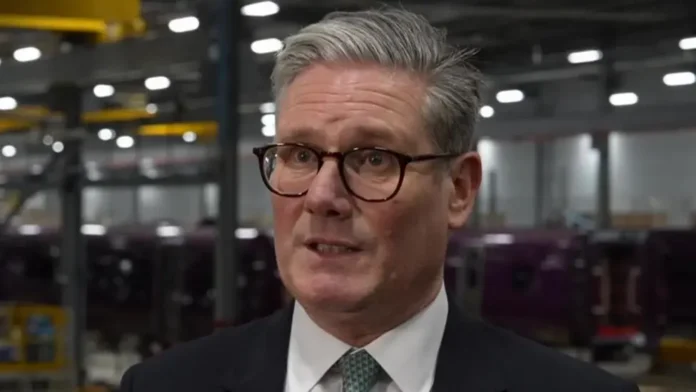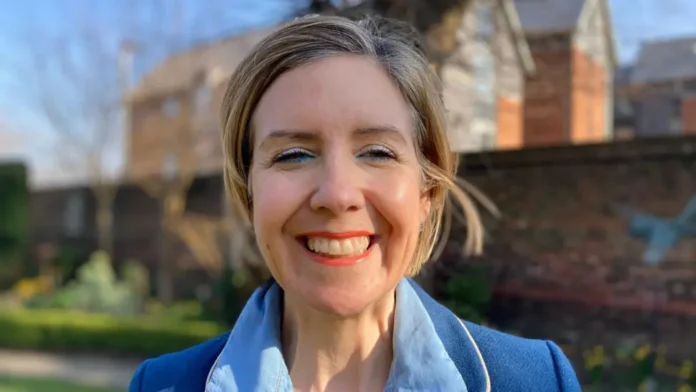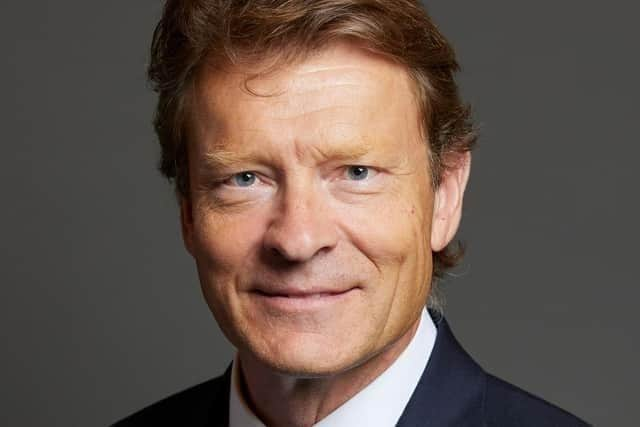Cost-of-Living Payment Offers Relief for Hard-Pressed Families
The DWP offers a reminder to families living in Lincolnshire including Grimsby, Scunthorpe, Skegness, Louth, Boston, and Lincoln about the Cost-Of-Living Payment which could be the last.
The holiday season is often associated with joy and celebration, but for many families, it can also bring financial strain. Extra spending over Christmas can leave households in a perilous position come January and February.
However, there is some good news on the horizon for around eight million households in the UK. The Department for Work and Pensions (DWP) has announced a cost-of-living payment that aims to help hard-pressed families cope with the rising cost of bills and food
The cost-of-living payment is designed to provide financial assistance to families facing financial pressure after the holidays. The payment consists of three instalments, with the final payment of £299 set to be made between February 16-22, 2024.
Eligible households will receive a total of £900 over the past year, with the first payment of £301 being disbursed in spring and the second payment of £300 distributed in October and November.
Eligibility Criteria
To be eligible for the cost-of-living payment, households must receive low-income benefits or tax credits.
The DWP has clarified that there is no need to contact the government or apply for the payment separately. The money will be automatically paid to eligible individuals. The following benefits and tax credits make individuals eligible for the payment:
Income-based Jobseeker’s Allowance (JSA)
Income-related Employment and Support Allowance (ESA)
Income Support
Pension Credit
Universal Credit
Child Tax Credit
Working Tax Credit
Universal Credit Eligibility
People who were entitled to a payment of Universal Credit between November 13 and December 12, 2023, are eligible for the cost-of-living payment.
Similarly, individuals entitled to a payment of income-based JSA, income-based ESA, Income Support, and Pension Credit for any day between November 13 and December 12, 2023, are also eligible.
Even those who are eligible for benefits but did not receive a payment due to their entitlement being between 1-9p will receive the £299 payment. Tax credits recipients who received a payment for any day between November 13 and December 12, 2023, or later received a payment during that period are also eligible.
However, individuals whose tax credits entitlement for the tax year is below £26 will not be eligible for the payment.
Earlier this month, the Prime Minister, Rishi Sunak, highlighted the need to wind down cost-of-living payments. He emphasized the importance of moving on from high spending and borrowing.
Despite this, the government has implemented measures to support hard-working individuals. A national insurance tax cut is set to be implemented next month, reducing contributions for employees from 12% of income to 10%. As a result, a worker earning £35,000 will see over £450 added to their payslip annually.
Mr. Sunak also mentioned the pension triple lock, which guarantees an increase in the state pension every year by wage growth, inflation, or 2.5%, whichever is highest.
From April, pensioners will see an 8.5% increase in their state pension, raising it to more than £11,500 a year or £221.20 a week. These measures aim to reward hard-working individuals and ensure that they have more money in their pockets.
While the cost-of-living payment and other support measures are being implemented, it is important to acknowledge the challenges faced by many households in the UK.
Rising inflation has led to higher bills and increased household costs, leaving families struggling to make ends meet. According to a UNICEF report, child poverty levels in the UK have risen by a fifth in recent years, ranking the country worst among some of the world’s richest nations.
It is clear that more needs to be done to address the economic disparities and provide comprehensive support to vulnerable families.


